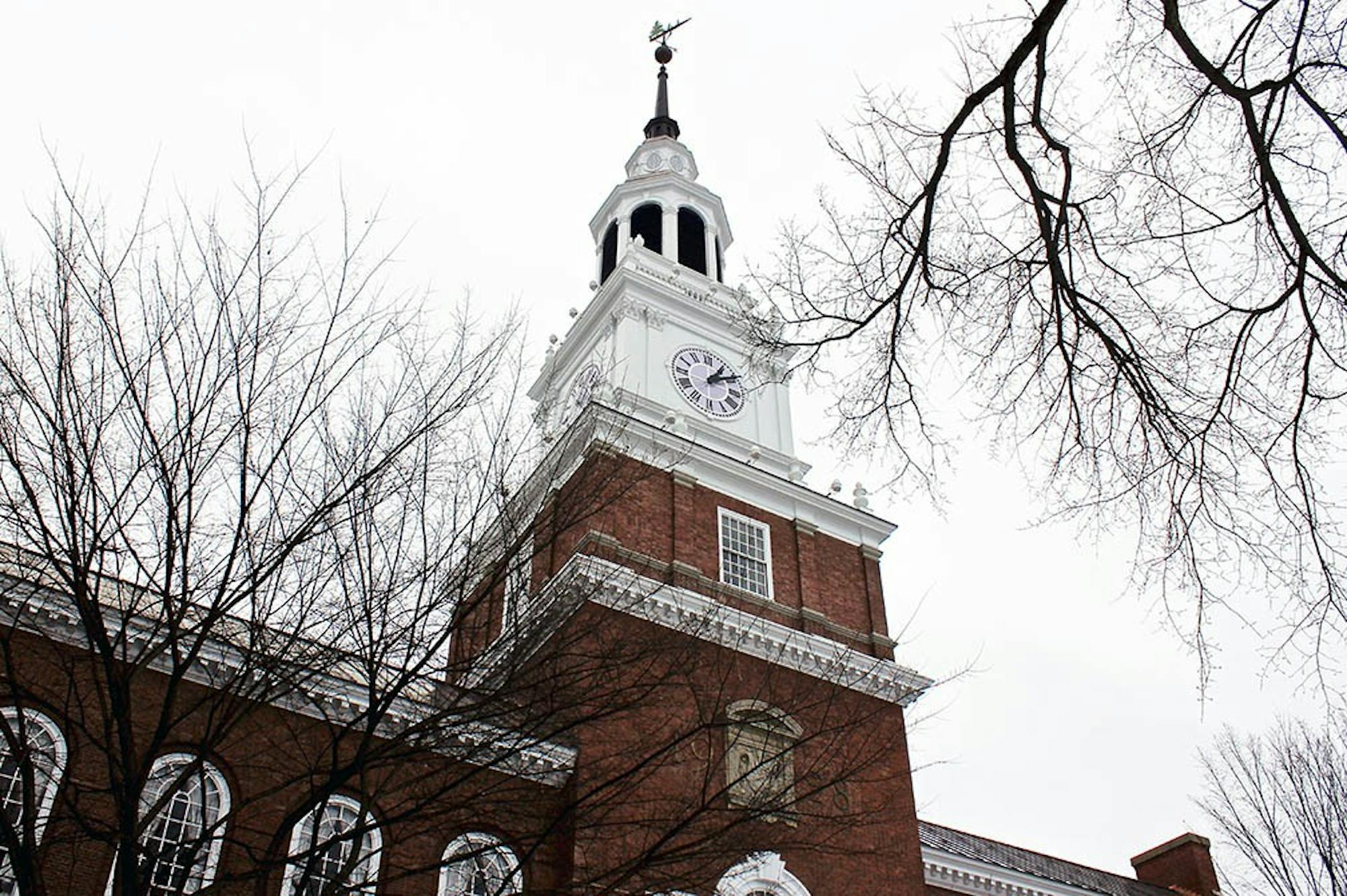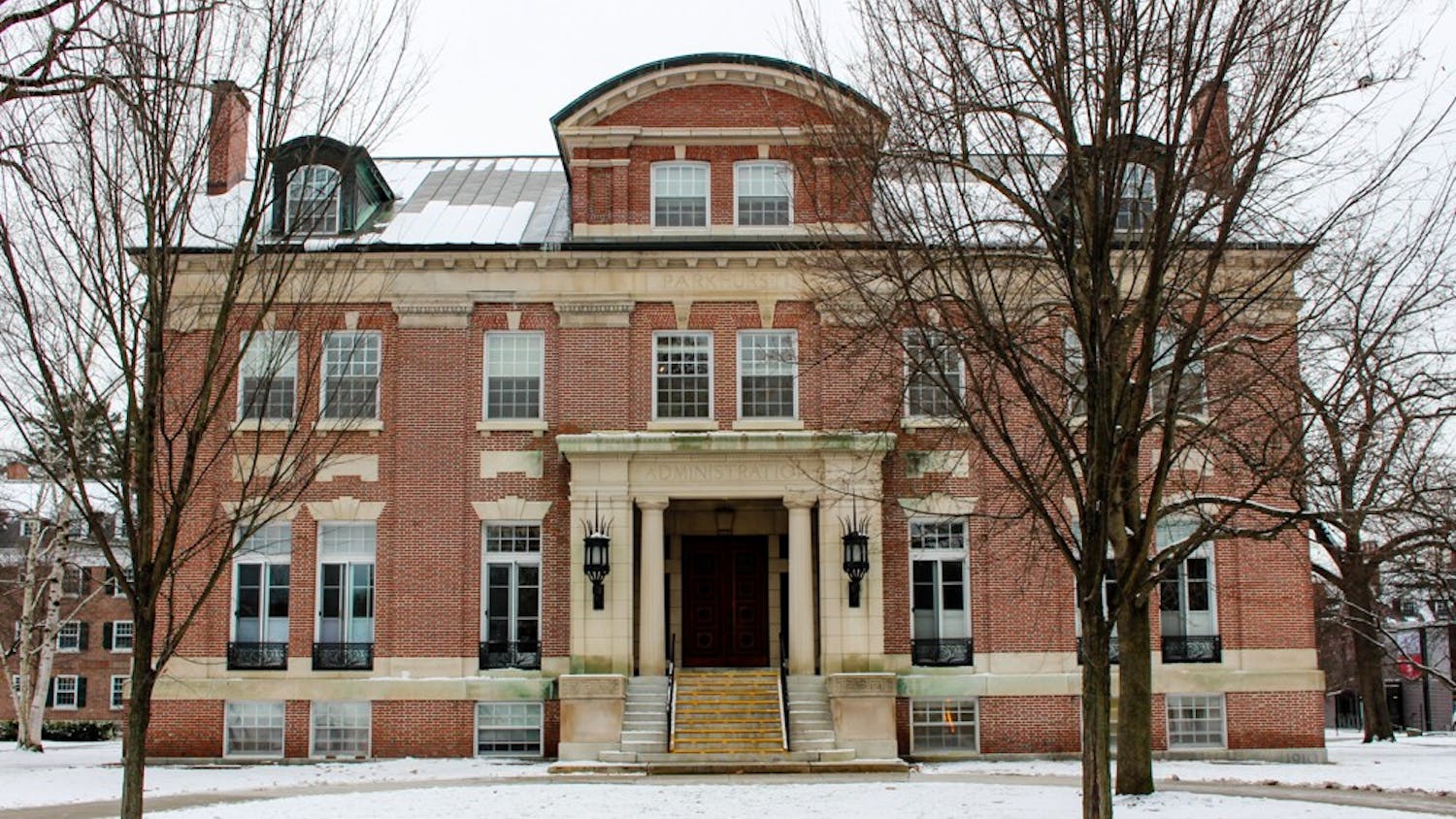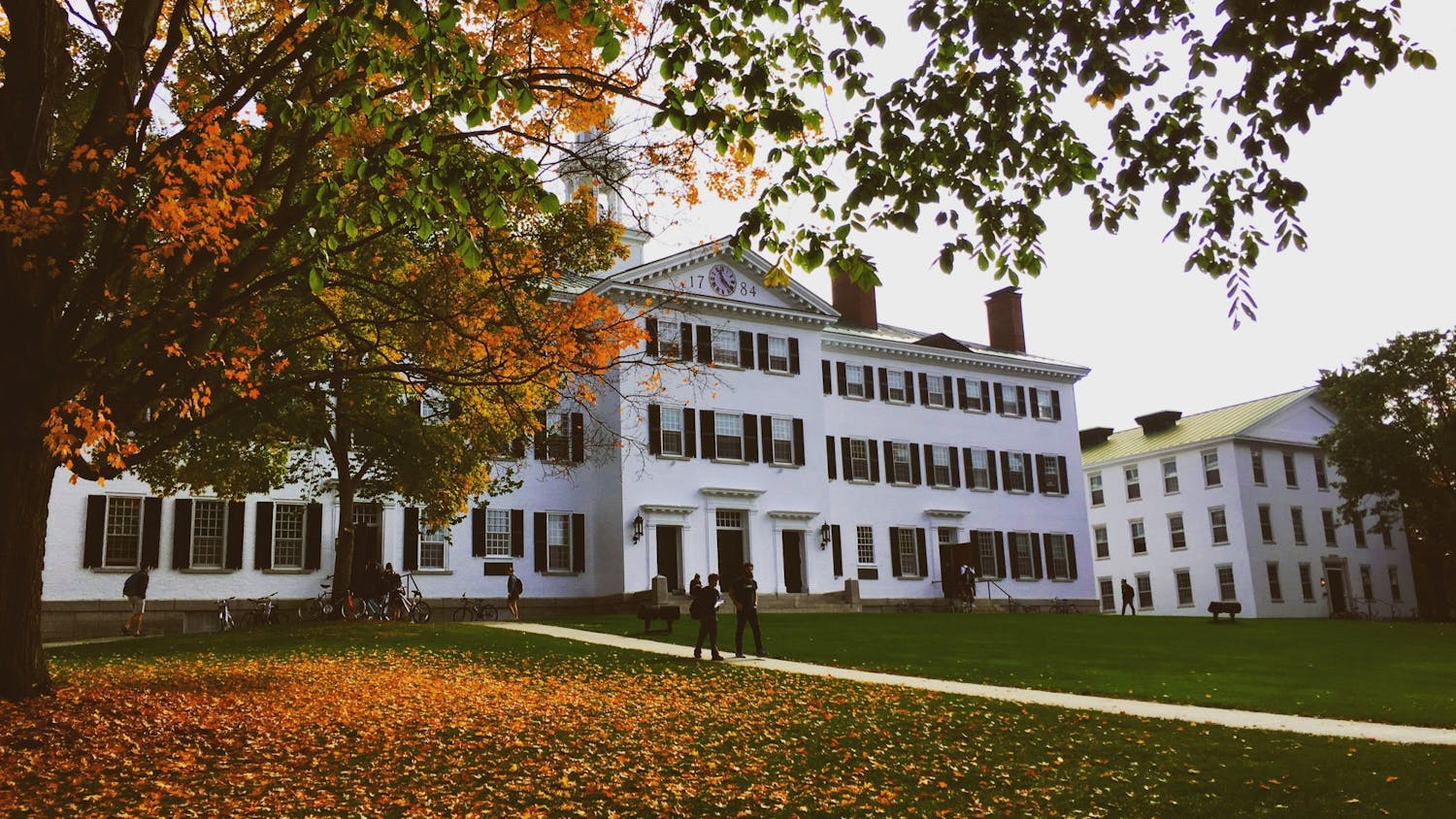As students prepare to return to campus this weekend, the College has warned that “more restrictive conditions” than originally anticipated may be required for those living on campus due to an increase in the number of COVID-19 cases at Dartmouth and in the Upper Valley.
According to an email sent to students approved to be on campus for the winter by Provost Joseph Helble, should the rate of local positive cases or cases on campus continue to increase, portions of the College’s previously announced plans for the term, including increased opportunities for in-person socialization, may be rolled back. Students may also be asked to quarantine for more than eight days after their arrival, which remains slated for Jan. 16 and 17.
However, Helble emphasized in an interview with The Dartmouth that the email was meant merely to alert students to potential scenarios should the pandemic worsen, not to signal that changes are imminent.
“Nothing has changed from the plans that we announced in November [and] in December,” he said. “But the possibility that things might have to change is higher at this point than it was a month to two months ago, when students made their decision to be resident on campus winter term. We just thought it was the responsible thing to do to let everyone know conditions have changed.”
As of Tuesday, there are 23 active cases among students, faculty and staff. The positivity rate among pre-arrival tests has reached 1.14%, while the seven-day average of cases throughout New Hampshire has increased tenfold from late October.
“If conditions stay as they are today, and if the number of cases per capita doesn’t increase beyond where it is now and begins to settle back toward levels that we had in the fall, there will be no change in operations in winter term — none, period,” Helble said.
In his email to students, Helble wrote that an increase in COVID-19 cases could potentially result in common spaces, such as the Top of the Hop and the Collis Center, being significantly restricted or closed. Similarly, access to outdoor activities, including ice skating on the new rink, fire pits and buses to the Dartmouth Skiway may become unavailable. Classes with an in-person component may shift to fully remote instruction, and students may be asked to pick up all of their meals instead of having the option to dine in at Class of 1953 Commons, which was available for students at the end of fall term.
Helble’s notice comes on the heels of a number of college campuses, including Stanford University, reversing their decisions to bring students back to campus for the winter. Compared to these peer institutions, Helble said Dartmouth is facing “significantly different” local regulations that still allow students the freedom to gather and to travel locally off campus.
Decisions to roll back access to facilities, extend the quarantine period or return to fully remote operations will depend on a variety of factors, according to Helble, including overall campus positivity rates, the prevalence of COVID-19 in the local area, isolation housing capacity on campus and the availability of intensive care space. A one percent positivity rate on campus, which the College had previously designated as a marker to reevaluate on-campus operations, will remain in place, though Helble noted that it is not an “absolute threshold” to return to quarantine or transition to fully remote operations.
Though the email noted the possibility of an additional quarantine period imposed for “some or all of the term,” Helble said that he does not foresee a full-term quarantine being put in effect.
“If I anticipated that quarantine for the entire term was a reasonable probability, we would not be bringing students back,” he said.
Students who decide not to return to campus prior to move-in this weekend will receive a full refund of room and board fees, and their eligibility for future on-campus enrollment will not be impacted. However, students do not have the option to delay their arrival to campus past this weekend.
Although students previously had the option to leave campus and enroll remotely after completing quarantine and being medically cleared to travel, Helble wrote that due to state and national travel restrictions, students may be required to remain on campus throughout the term, “perhaps restricted to [their] room[s].” Conditions throughout the country would need to be “very, very, very severe” in order for such travel restrictions to be put in place, Helble said.
As pre-arrival tests continue to be tracked, Helble said the College will monitor the general health of the student body ahead of this weekend’s move-in. He added that the positivity rate among pre-arrival tests does not stand alone as a condition to change operations. Students who test positive pre-arrival are required to remain where they are and undergo a two-week isolation period before traveling to campus.




